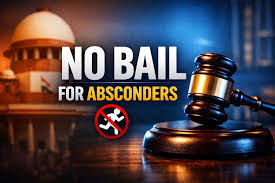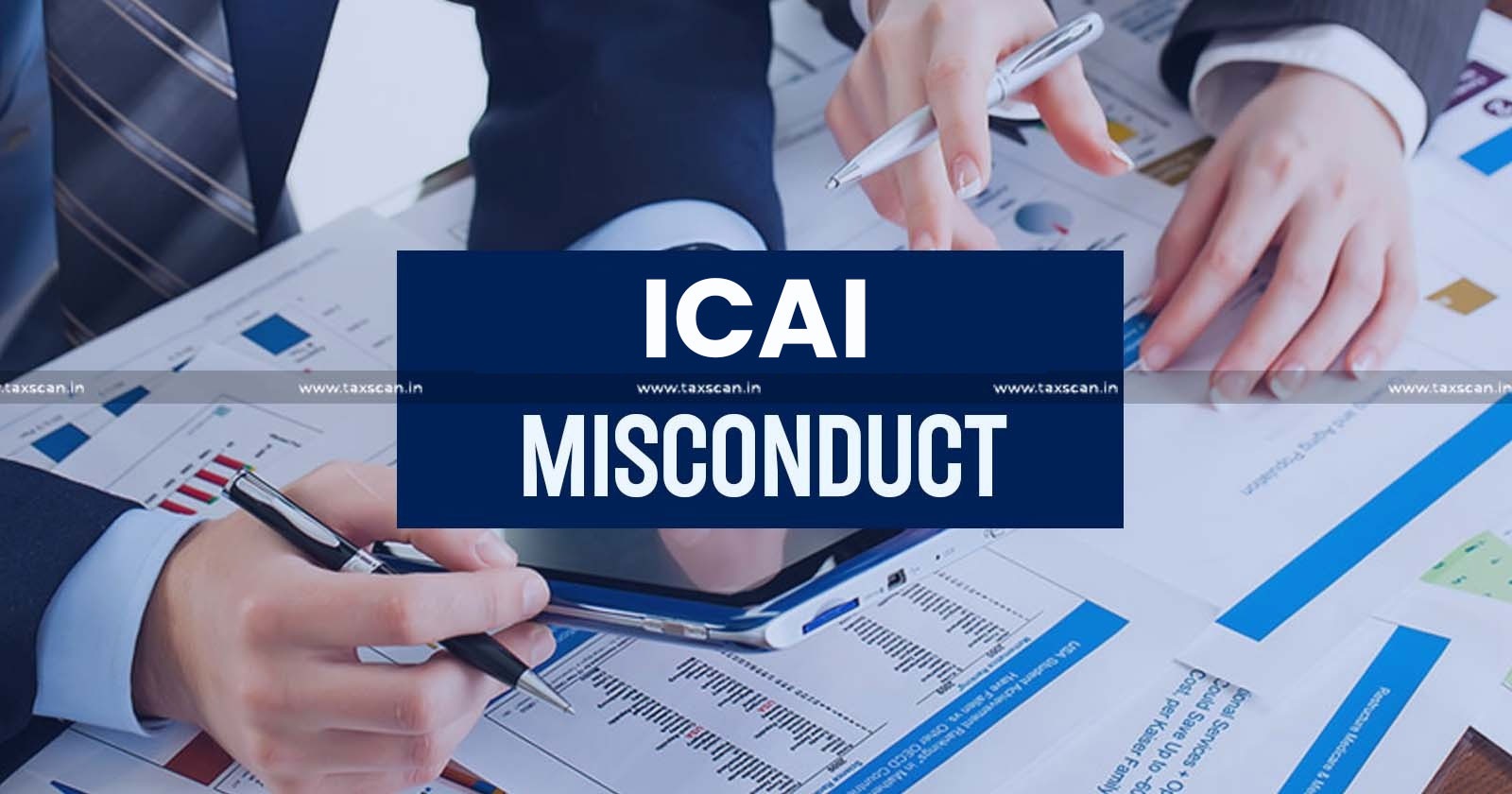M.C. Ghose, J.@mdashThis is a second appeal by the Secretary of State for India in Council in an execution case. The matter arose in this way: one Amulya Dhan Mukherjee a clerk on Rs. 40 per month was discharged from employment by the Bengal Nagpur Railway Company. He thereupon instituted a suit against the Railway for damages, etc, at Rs. 1,900 and odd. The suit was laid in forma pauperis and the court-fee payable thereupon to Government was Rs. 187-8-0. After certain contest; the Railway Company compromised the matter with the plaintiff for Rs. 391-5-0. Upon that sum being paid by the Railway Company to the plaintiff, the parties filed a petition of compromise and the suit was decreed on compromise. The relevant words of the decree are as follows:
It is ordered and decreed that the suit be and the same is hereby decreed on compromise for Rs. 391-5-0 only, that the plaintiff do pay Rs. 187-8-0 as value of the court-fee on the plaint due to Government to the Government. The payment of court-fee will be the first charge on the subject-matter of the compromise under Order XXXIII, Rule 10 of the Code of Civil Procedure.
2. The plaintiff, however, walked away from the Court without paying the court-fee.
3. Nearly two years after the decree the present execution case was filed on behalf of the Government claiming the sum of Rs. 187-8-0 from the Railway Company. The claim of the Government was rejected by the first Court and the order was affirmed in appeal by the District Judge of Ali-pore.
4. It is admitted at the bar that the amount of Rs. 391-5-0 was paid by the Railway Company to the plaintiff before the decree was drawn. The decree clearly makes the plaintiff liable to pay the value of the court-fee Rs. 187-8-0. It does not order that the amount of the court-fee was to be paid by the defendant Company. The phrase that the payment of the court-fee will be the first charge on the subject-matter of the compromise refers to the sum of Rs. 391-8-0. If that sum had been deposited into Court, the Court would have deducted the value of the court-fee before paying the remainder to the plaintiff. But it so happened that he induced the Railway Company to make the payment to him outside the Court. It may be said that the Railway Company who had competent lawyers to look after their affairs should have taken care not to pay the whole amount to the plaintiff but to bring it before the Court, so that the value of the court-fee might be deducted. But the question is whether for this omission the Railway Company are to be penalized to pay the value of the court-fee which according to the decree was to be paid by the plaintiff and not by the defendant. We are of opinion that the Railway Company are not liable for the payment of court fee but that the court-fee should have been realized by the Government from the dues of the plaintiff, viz. Rs. 391, and odd. The lawyers of the Railway Company may have made an omission but the lawyers of the Government should have been vigilant and should have warned the Railway Company to pay the decretal amount whether on contest or on com promise in Court, so that the value of the court-fee might be deducted. It does not seem right that the Railway Company who had paid the decretal sum to the plaintiff, should now be called upon to pay the value of the court-fee out of their personal property.
5. In our opinion this appeal has no merits and is dismissed with costs, hearing fee one gold mohur.
Henderson, J.
6. Under Order XXXIII, Rule 10, the Court is to determine from whom court-fees are to be realized. No doubt when a suit is decreed in full, the proper direction would be that the court-fees should be recoverable from the defendant. It appears that in the lower Appellate Court the chief point taken on behalf of the appellant was that the plaintiff should only have been made liable for the. court-fees due on that part of his claim which had failed and that the defendant Company should have been made liable for the balance. Before us there was a suggestion that as the action of the respondent Company has caused loss to Government, it would be only proper that the respondent should be made liable to pay court-fees. Now all these questions are no concern of the executing Court. Under Rule 12 the Government have the right at any time to apply to the Court to make an order for the payment of court-fees. If the Government were in a position to persuade the Court to think that the court-fees had been lost owing to collusion between the respondent and the plaintiff in the original suit, the Court might possibly call upon the respondent Company to pay the court-fees. The decree actually directed the plaintiff to pay. The executing Court cannot go behind the decree and an application to recover court-fees by taking out execution against the respondent Company who are not liable was transparently bad.
7. The appellant is also in no way helped by the fact that the court-fees were a first charge on the subject-matter in suit. Whether the payment was made before the decree was signed or not, it is an undoubted fact that satisfaction of the decree was entered on January 19, 1931. Therefore, there is nothing left by which this charge could be realized from the respondent. There were proper steps which could have been taken in execution; but no attempt was ever made to take those steps. The application of the Secretary of State in execution was entirely misconceived, and was properly dismissed.

